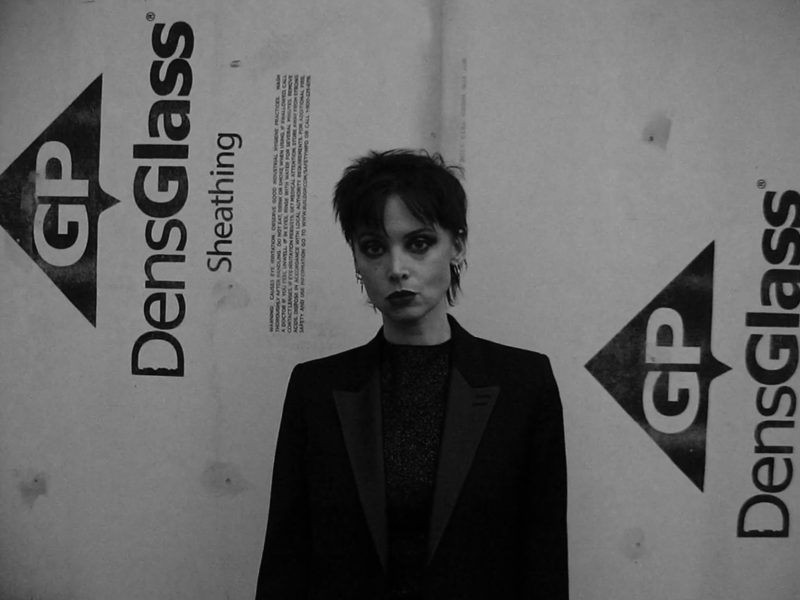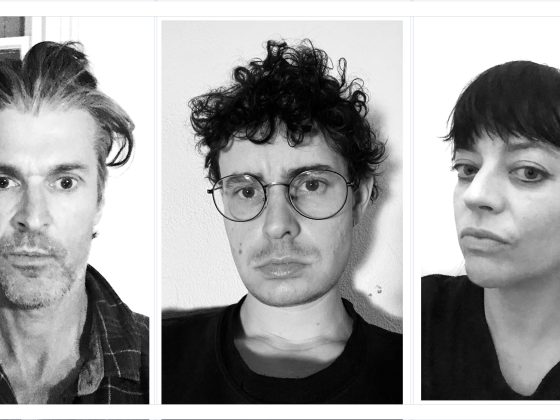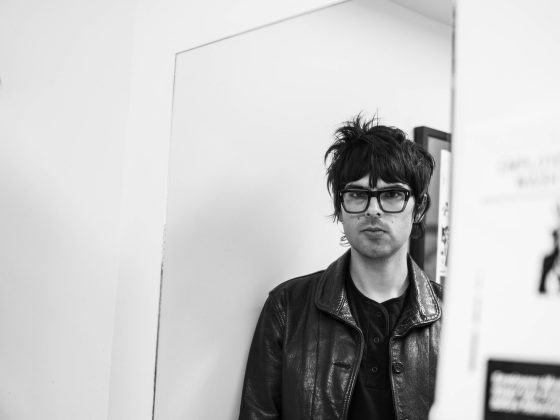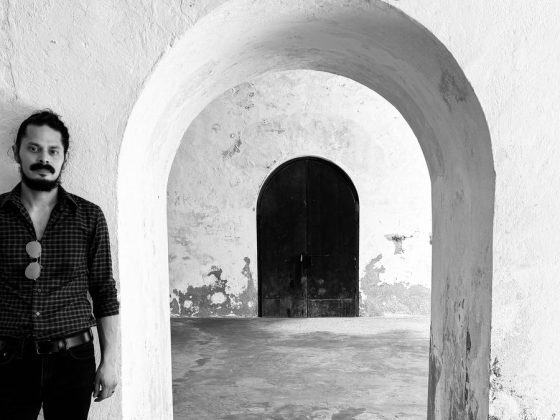MTV’s Buzz TV was like a neon beacon broadcasting from some alternate reality, a fractured mirror reflecting the raw chaos of youth culture. Airing exactly once on MTV in 1990, the series was an experiment in non-linearity and cut-up method, avant-garde art, underground cinema, early cyberpunk, industrial culture, appropriation/sampling, and postmodern literature. It was a pulsating stream of the subversive and surreal, where music videos, art, and grunge aesthetics clashed and coalesced into something that felt alive, electric. Every segment seemed engineered by some algorithmic hive mind, curating the odd, the groundbreaking, the countercultural with an uncanny precision. It was a trip into a hyperreal landscape, where the boundaries of reality blurred, and you couldn’t quite tell if you were watching culture unfold or being reprogrammed by it.
New York City’s Ghost Cop summons that half-forgotten fever dream that once buzzed through the television cable, a spectral echo of rebellion. Lucy Swope and Sean Dack, a duo that conjures drama in a dark, dazzling form, wield electronic music like a sorcerer’s spell. Their music unfurls as a cinematic score—part sinister thriller, part pulsating nocturnal dance, drenched in the strange hues of neon dreams. Layer upon layer of delicate, almost ominous synthesizers build, crack, then break again, like a whispered warning wrapped in silk. Swope’s voice drifts, a spectral siren’s call, a breathy lure that pulls the listener inward, yet holds them at the edge of unease, as if drawing them to a line only half-revealed. Here, in this gleaming, glimmering space, drama hangs in the balance—half-surrender, half-alert—waiting for the curtain to rise or the night to deepen.
Their latest venture, TROUBLE TV, becomes a living diary in the spirit of Buzz TV—a series of strange, stitched-together snapshots, documenting life in the throes of creation. Avant-garde and unapologetically experimental, TROUBLE TV unfurls in a kaleidoscope of images: micro-short horror flicks, flickering dystopian scenes, and bursts of live chaos. It’s visual poetry for an age of fractured focus, a hypnotic parade of abstraction. The soundtrack hums with experiments, demos, and discarded versions, unfinished tunes that whisper promises of future metamorphoses. Each note, each frame, defies convention.
“TROUBLE TV leans into the atemporality of our current, continually recorded daily life,” says the band. “It embraces the low-res/high-gain fluidity of the DV tape era, but also utilizes ultra sharp contemporary devices. It can be watched front-to-back; dipped in and out of; skipped around into; put on in the background. There is no one way or right way to experience TROUBLE TV.”
This is episode one.
The corresponding album, TROUBLE, can be heard at the link below and purchased here.
Follow Ghost Cop:

















 Or via:
Or via: